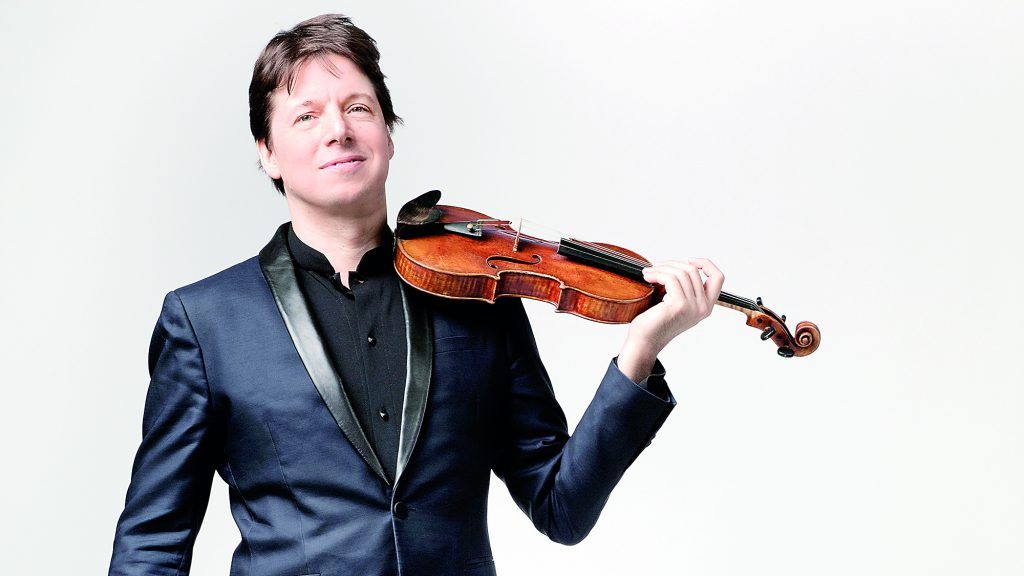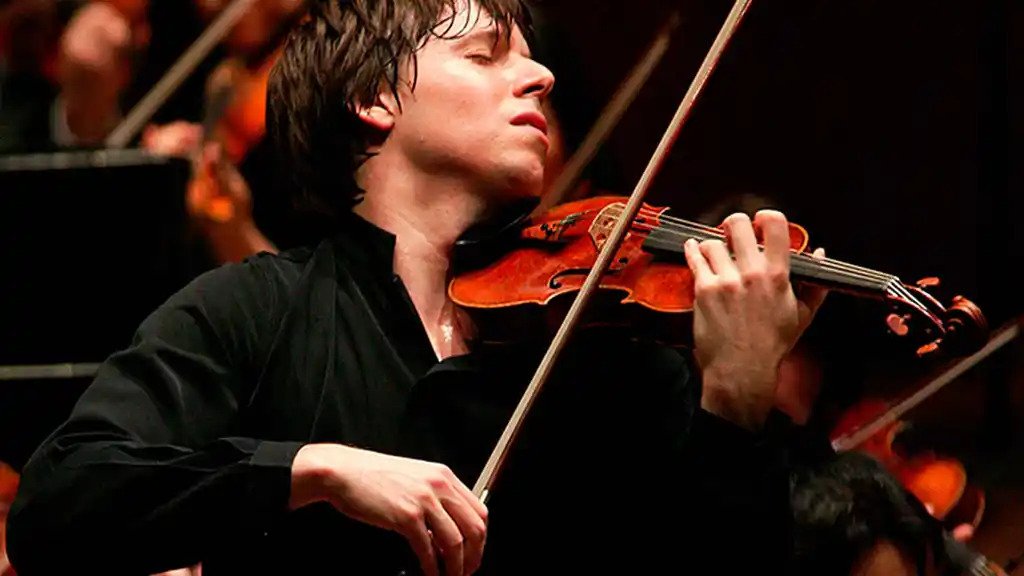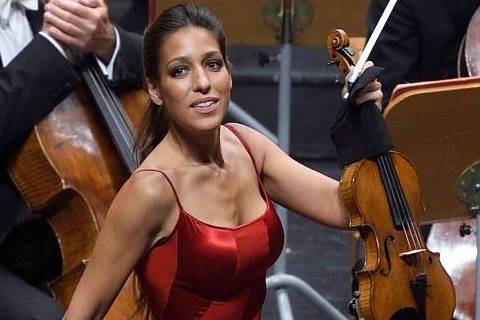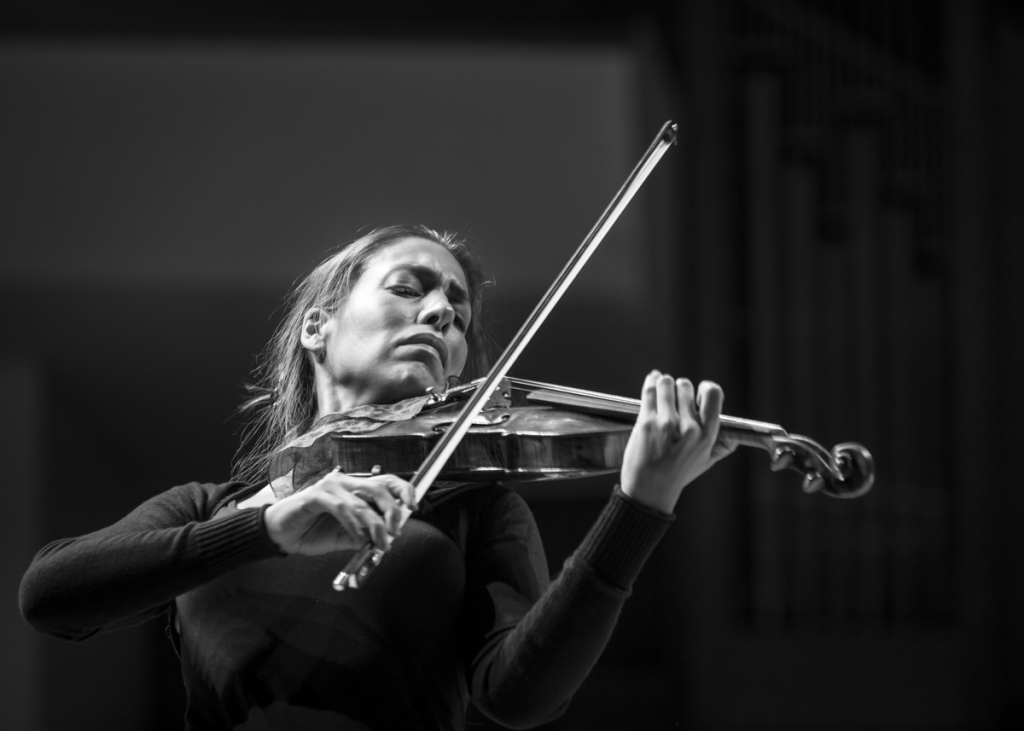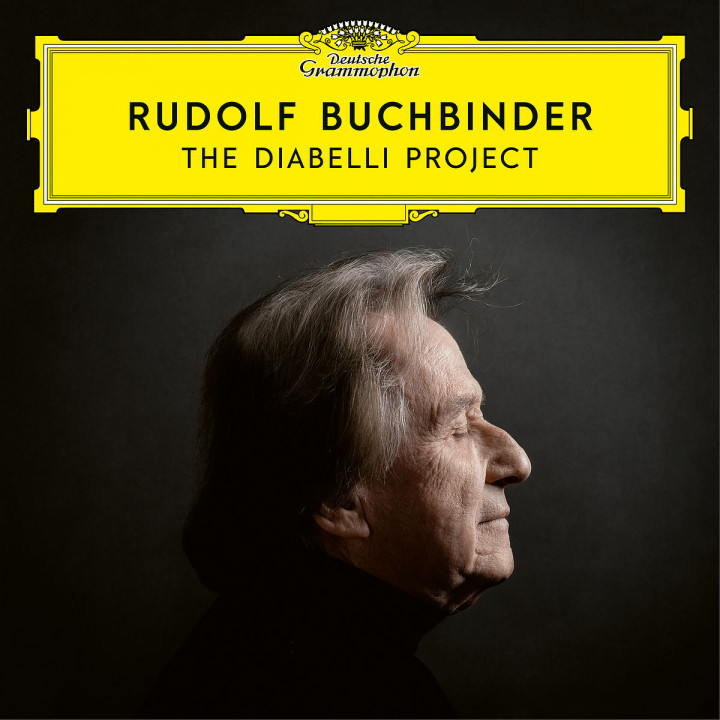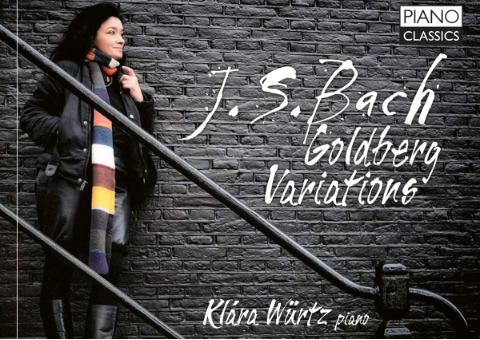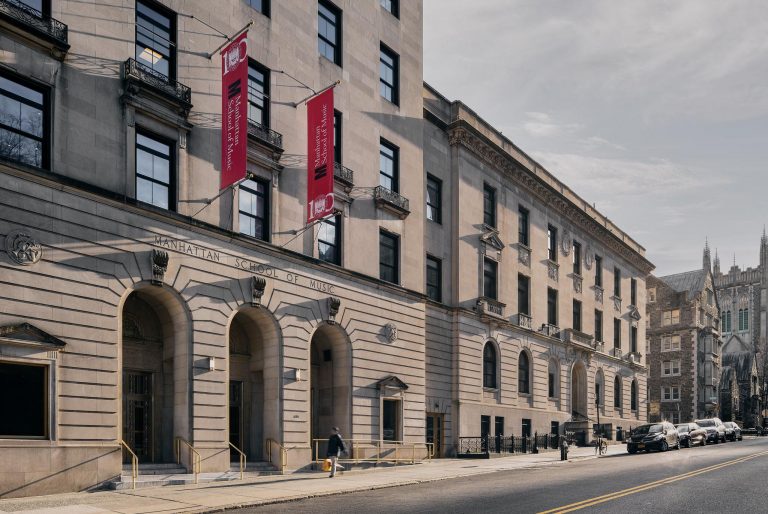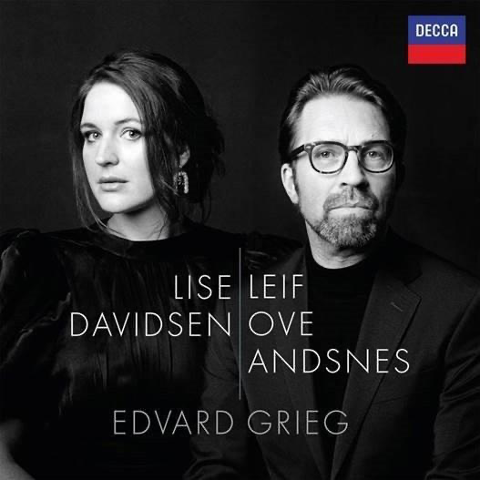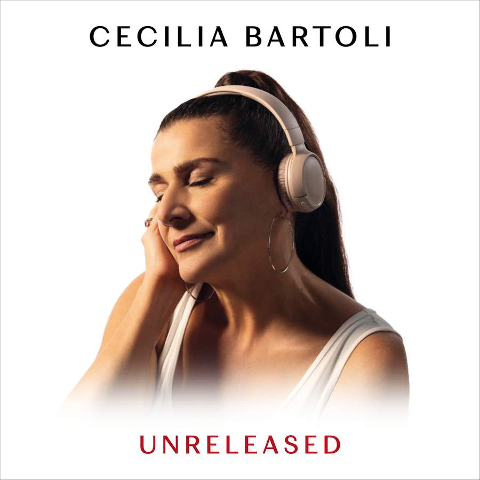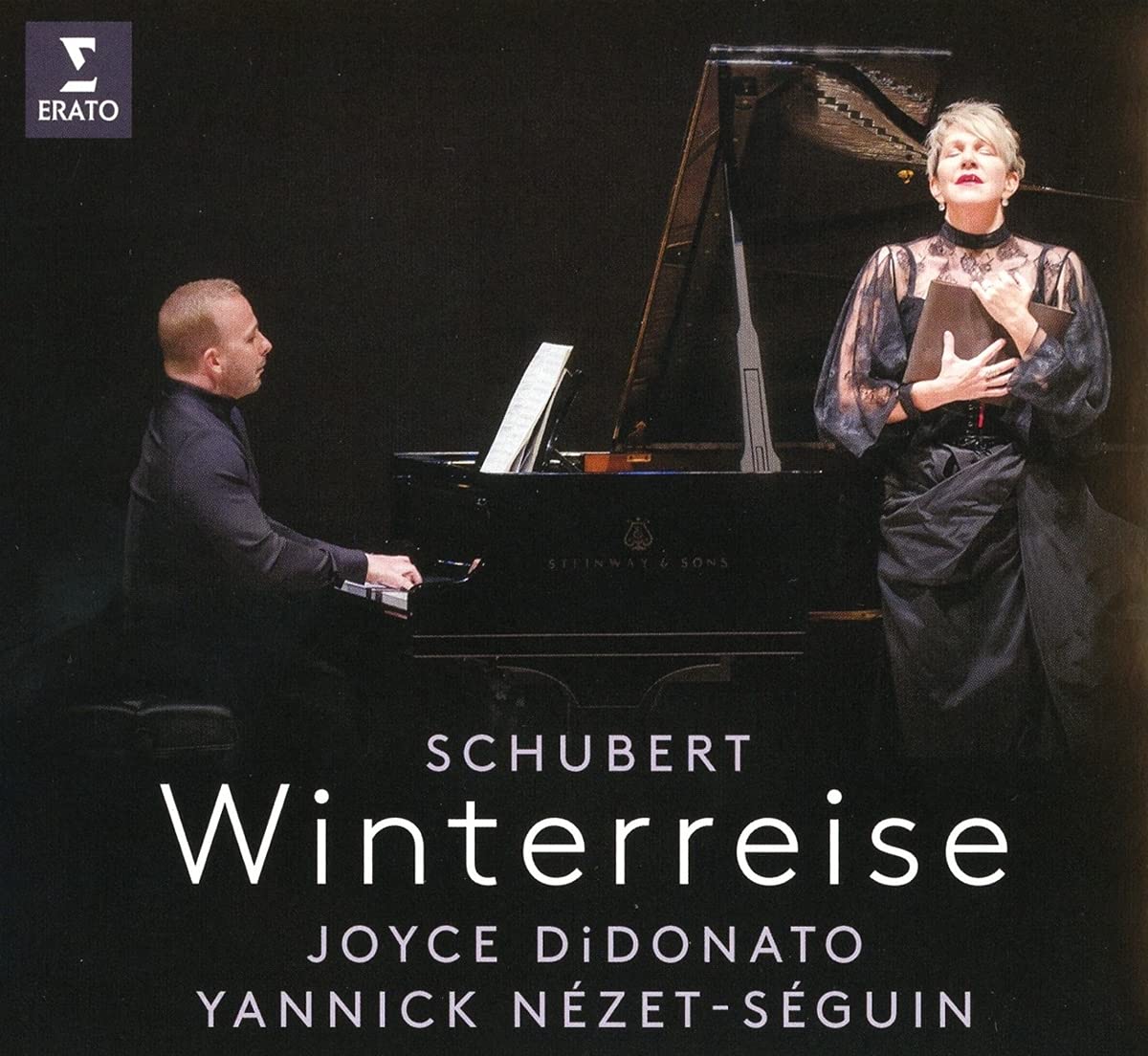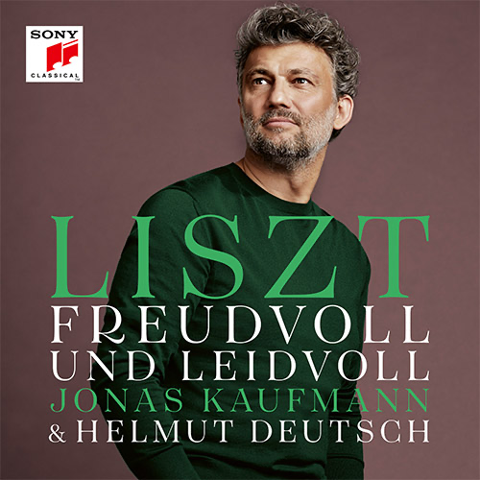HÉLÈNE GRIMAUD
Five senses devoted to music
April 2022

Originally from France and residing in the United States, Hélène Grimaud is considered one of the most important pianists in the international arena. She performs as a soloist with the best orchestras in the world and with the most prestigious conductors. She has been recording exclusively for Deutsche Grammophon since 2002 and is a truly versatile and charming artist with an unlimited passion for music.
When she was only fifteen, she recorded Sergei Rachmaninov’s Second Sonata, a profuse work that requires highly demanding piano skills, a deep knowledge of sound, a rich musicality and a great inspiration to be interpreted.
Her performances have been praised by critics, receiving mentions and awards, including the Cannes Music Recording of the Year, the Diapason d’Or, Grand Prix du Disque and the Record Academy Prize of Japan, for his refined musical style.
Because of her particular and personal style of interpretation, she has sometimes been compared to the pianist Glenn Gould.
Renowned internationally for her pianistic soul, Grimaud feels the music as something beyond acoustics. It was at the early age of 11, while playing a Bach prelude that Grimaud discovered that she had the gift of synesthesia (the fusion of one sense with another). While she was playing the piano she saw “a shapeless spot, between orange and red.” This ability improved her memorizing abilities and made her playing more intuitive. She assures that still nowadays, especially when she’s performing live, the colors continue to appear spontaneously, each one connected to a particular note: the D minor is always dark blue; the C minor, black; G is green, F is red, and B-flat is yellow.
Her interpretations are always unique and always inflicted by her personal touch of enigma, adventure and natural elements. In her words, she does not consider “classical music as something beautiful, elegant, refined and polished, I like it because it makes you accept risks, because it implies adventure, emotion and instinct”.
In addition to her virtuosity on the piano, Grimaud is a writer and a fierce defender of animals, especially wolves. When she was already a famous pianist, she met Alawa, a wolf who owned by her neighbor and they soon became an inseparable. After the wolf’s death, she founded the “Wolf Conservation Center” in New York State, an institution dedicated to protecting the species and which also functions as a nursery. She is also working to educate children about the need to protect nature. Currently, the center cares for around twenty wolves.


